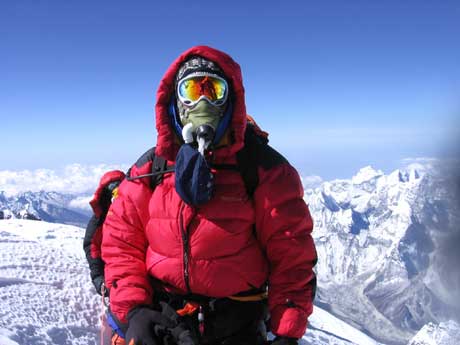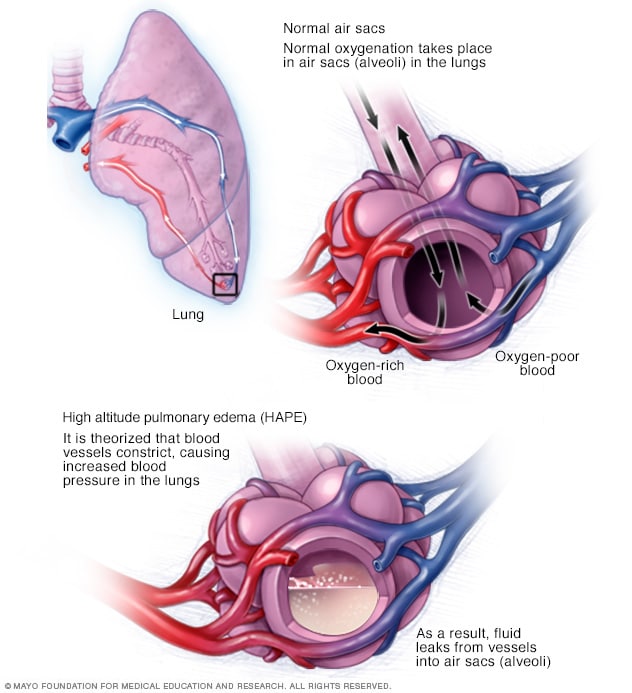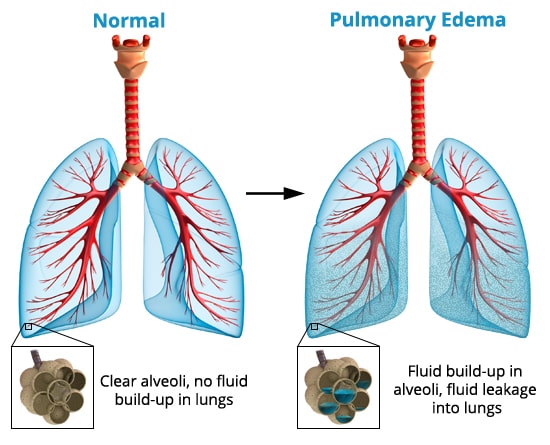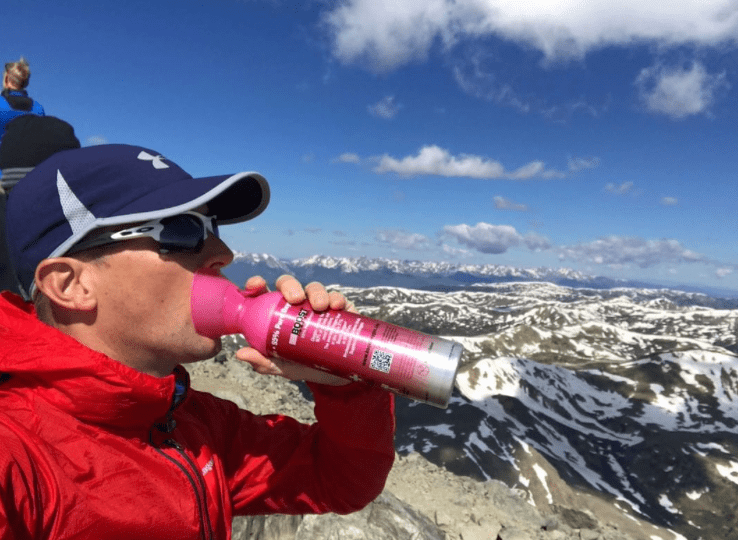
Adventuring to high elevated places can be exciting and breathtaking – literally. High Altitude Pulmonary Edema (HAPE), a fatal form of altitude sickness, is a medical condition that occurs at high elevation. Usually 2500m (8,202 ft) and up. At high altitudes the oxygen in the air gets thinner, causing hypoxia, lack of oxygen in the lungs. Less oxygen means that blood pressure in the pulmonary artery increases, therefore putting stress on the capillaries causing them to leak fluid into the lungs. This results in the feeling of breathlessness associated with HAPE.
According to a study done by the National Institute of Health, “HAPE presents within 2-5 days of arrival at high altitude. It is rarely observed below altitudes of 2500-3000m (8,202ft-9,842ft) and after 1 week of acclimatization at a particular altitude.”

Anyone may be susceptible to HAPE, it most commonly affects lowlanders traveling to a high elevation, however even those from a higher elevation that have descended and returned can risk re-entry HAPE. Oftentimes, a person will develop Acute Mountain Sickness (AMS). AMS is milder and can be easily cured with water and rest. However, if the first signs of AMS are ignored it can progress into the more fatal version of altitude sickness, HAPE.

For centuries HAPE was originally misdiagnosed as pneumonia due to similar symptoms. Within the first few days at a higher altitude, symptoms may begin to appear. The symptoms include: a dry cough, as well as feeling exhausted even while resting. As HAPE progresses it becomes more fatal, and medical intervention may become necessary. Symptoms including wheezing, gurgling in the chest, as well as pink frothy spit – which indicates blood now leaking into the air pockets of the lungs – are signs that the illness is progressing.
Most cases of HAPE are not fatal and can be cured by descending to a lower elevation where the body can rest and reoxygenate the lungs. It’s also not a bad idea to supplement rest with oxygen. In more advanced cases medical attention can be helpful, where nifedipine, a drug that lowers blood pressure, coupled with hyperbaric treatment – oxygen therapy – will be used to combat HAPE.
In the end, there are many steps you can take to prevent ever feeling the serious effects of high altitude. Allow your body to acclimate to higher elevation by slowly ascending as well as limiting physical exertion the first few days. Drink lots of water! Avoid excess amounts of alcohol. Remember, a slow ascent is the most effective method of prevention, one that is effective even for the most susceptible individuals.
